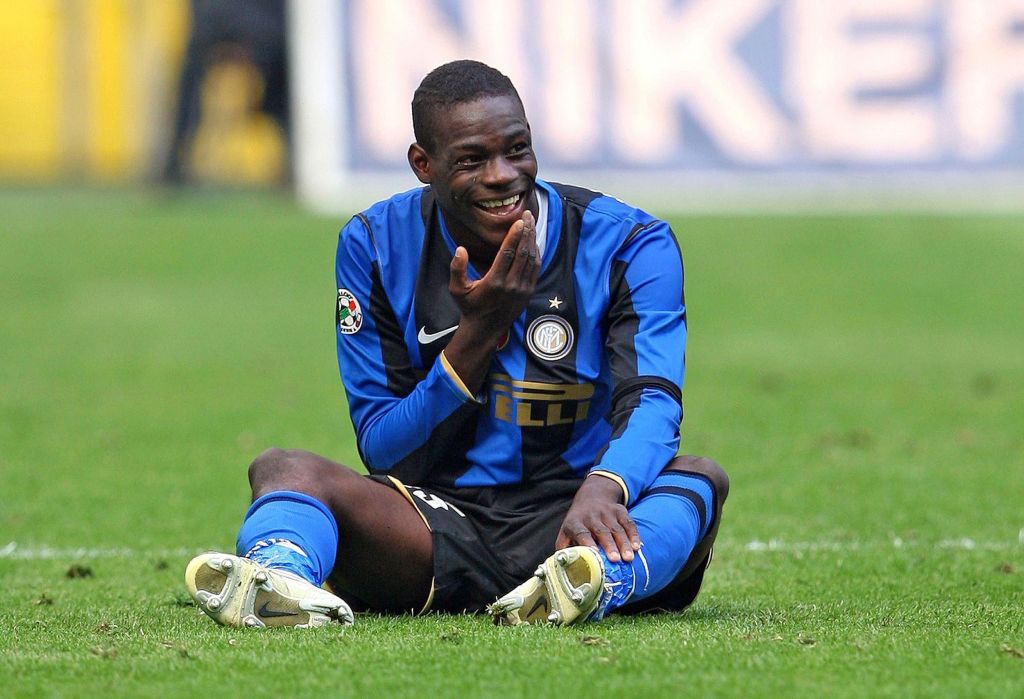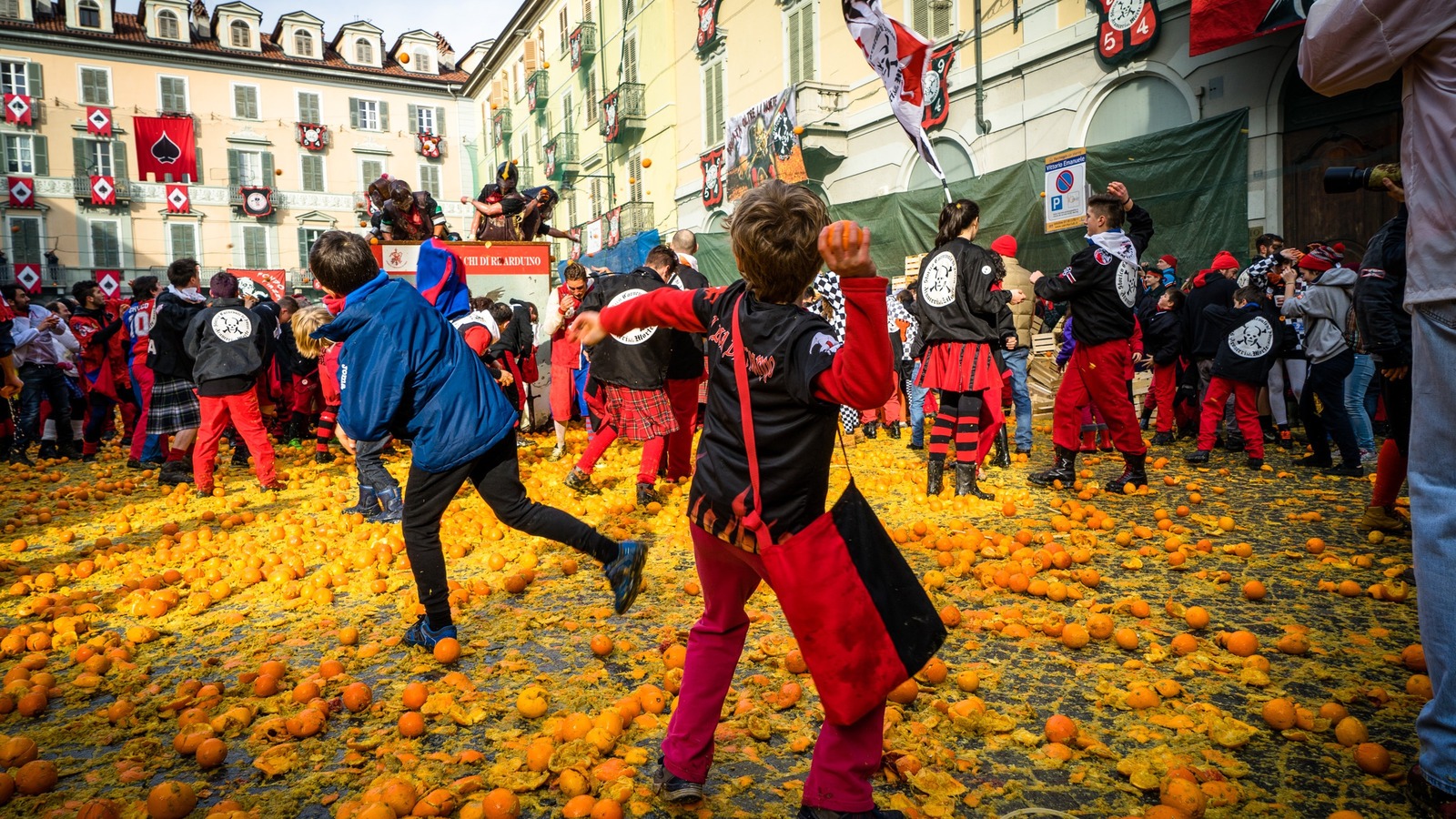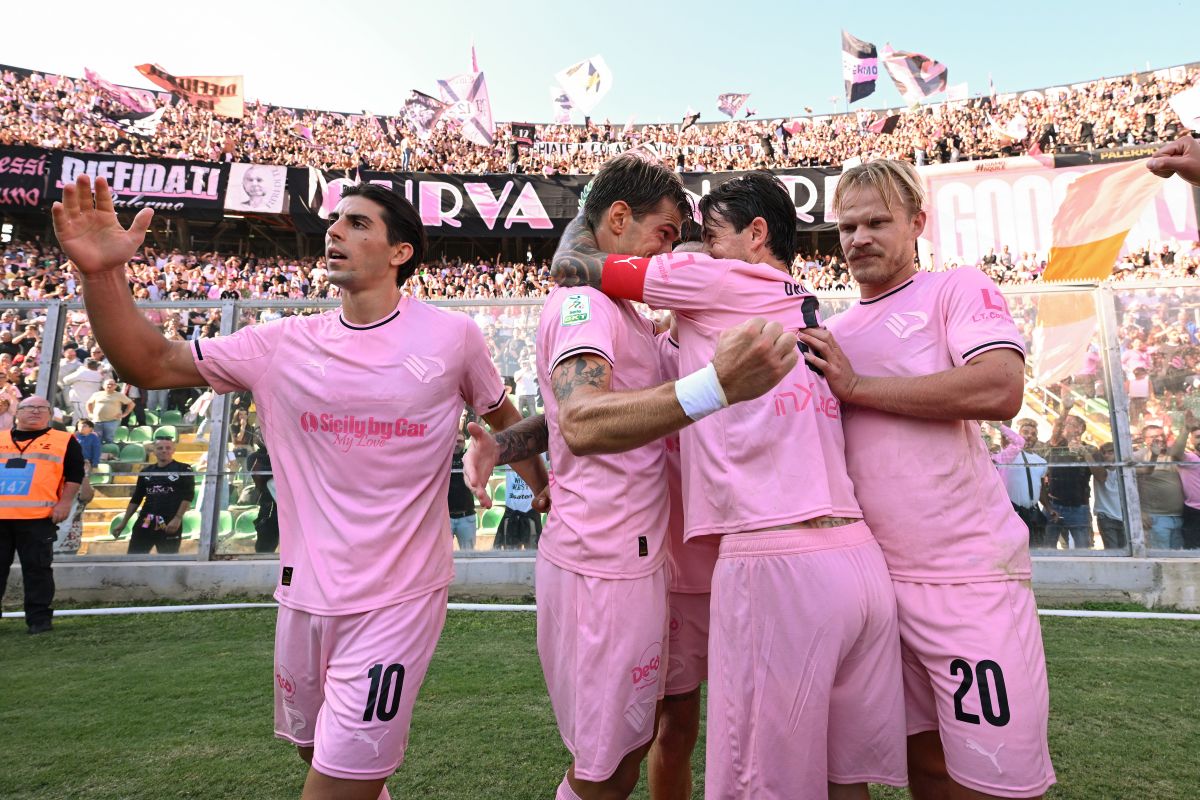
Super Mario Is Back: Can Balotelli Be the Hero Genoa Need?
By Dan Cancian
The wind of nostalgia is blowing right through Serie A this autumn.
Last week Francesco Totti floated the frankly preposterous idea he could return to the Italian top-flight at the age of 48.
Speaking on Monday, Roma’s all-time record goalscorer insisted the prospect of him making a comeback seven years after retiring remained realistic.
“I wasn’t joking. It was no joke,” he said.
“There’s a team. There are one or two teams. Let’s see what my mind tells me and, above all, my body. My mind’s already given me its answer.”
As it waits for Totti’s next move, Serie A welcomed back another golden child on Monday.
Mario Balotelli signed for Genoa as a free agent after his contract with Turkish side Adana Demirspor expired in July.
Super Mario’s last taste of Italian football came three years ago, when he scored six goals in 14 appearances for Monza in Serie B.
In his last spell in Serie A two years earlier, he netted five goals in 19 matches for Brescia, his hometown club.
At 34 years of age, he is considerably younger than Totti, but that makes the move only marginally less surprising.
Balotelli is no longer the player that burst onto the scene at Inter Milan, winning three Serie A titles in a row and the Champions League in 2010.
The precocious talent who helped Manchester City break a 35-year drought for a trophy and win a first league title in 44 years never quite fulfilled his potential and his stock has steadily declined for a decade now.
When an exasperated Cesare Prandelli replaced him at half-time of Italy’s 1-0 loss to Uruguay in the 2014 World Cup, something changed for Balotelli.
He was no longer a maverick talent whose insouciance and petulance were to be tolerated in return for his contribution on the pitch, rather a problem managers did not want.
When the goals dry up, suddenly throwing darts at academy players and setting off fireworks at home become a lot harder to justify.
And yet, paradoxically, his reputation is also what makes Balotelli such an appealing gamble.
At a time when Serie A is relatively short of colourful characters, Balotelli’s personality should go a long way towards filling the void.
For his part, the former Italy international appears to have mellowed with age.
“Honestly, I’m not really in the mood for talking right now,” he told journalists on Monday.
“I just want to play.
“Hopefully, I’ll be ready soon. As for whether I’ve got the fire in my belly? You’ll see.”
That fire burned bright as Balotelli exploded onto the Serie A stage after making his debut with Inter in 2007.
Three consecutive Serie A titles followed along with 28 goals in 86 appearances in all competitions.
Never one for mundanity, some of Balotelli’s finishes were downright extraordinary.
There was the brace away at Juventus to knock the Bianconeri out of the Coppa Italia in January 2008, which included a sublime effort in which he controlled the ball with his back to the goal and pivoted on his left foot, before planting a daisy-cutter past Gianluigi Buffon.
There was the thunderous volley away against Chievo Verona a year later, when he adjusted his body in a split second to connect with the ball, smacking it with the disdain of a man who always seemed to excel when riled up.
By the time Balotelli returned to the San Siro – on the red and black side of the divide this time – after two-and-a-half seasons in the Premier League, his finishes grew even more spectacular.
There was the 30-yard piledriver against Bologna on Valentine’s Day, struck with such nonchalance Balotelli may have done so while sipping on a Campari spritz.
Or the goal against Napoli, when he wrapped his right foot around the ball at the edge of the box, curling it past Pepe Reina and into the top corner.
And what about the free-kick against Livorno? A true blink-and-you’ll-miss-it pearler.
Not only were Balotelli’s finishes exquisite during his time at Milan, they also came with the regularity that distinguishes the great goalscorers from the rest.
After joining the Rossoneri on loan in January 2013, Super Mario scored 12 goals in 13 Serie A appearances.
The following season, 18 goals in 41 matches in all competitions earned him a move to Liverpool.
And then, abruptly, it all went south.

Just two years after threatening to cement himself as the best striker in the world with his magnificent double against Germany in the semi-final of Euro 2012, Balotelli was no longer worth the hassle.
A second stint with AC Milan returned just one Serie A goal in 20 matches, followed by spells in France, Turkey, Switzerland and in Serie B.
The goals have kept coming at a steady rate – 17 in all competitions with Nice in 2016-17 and 26 the following season, 19 with Adana Demirspor in 2021-22 and seven in 16 games last term.
Serie A, of course, is a different kettle of fish. And yet for Genoa and Alberto Gilardino this may be a dice worth rolling.
The Rossoblu have been beset by injuries this season, with Junior Messias ruled out for the foreseeable future due to a soft tissue injury and summer signing Vitinha sidelined until next month with a muscle strain.
Meanwhile, Ruslan Malinovskyi remains out indefinitely after breaking his fibula at the end of September.
With seven goals in nine matches Genoa have the second-worst attack in Serie A – only Lecce have scored fewer, with three – and Andrea Pinamonti has accounted for over half of that tally.
Bar the Sassuolo loanee, Messias is the only player to have scored more than once this season and he last played on September 5.
Would Balotelli, who has been training on his own in Brescia since leaving Turkey in the summer, really be a bad addition considering Genoa can’t sign players other than free agents until the transfer window opens in January?
Tipped to be the surprise package of the season, the Rossoblu are two points adrift of safety and just a point ahead of rock-bottom Lecce.
Asking Balotelli to rescue their season may be a tall order, but Genoa need a superhero. And who better than Super Mario himself?
Related Articles
Related Articles
Football rivalries, world-class sport, surreal carnivals, and a tradition you won’t find anywhere else. Five events to catch in February.
In the latest edition of My Town, My Team, Napoli fan Alex told us why everybody should visit Naples at least once.
Sampdoria against Palermo at the Stadio Luigi Ferraris is just one of the standout matches to be shown live on Destination Calcio TV.




